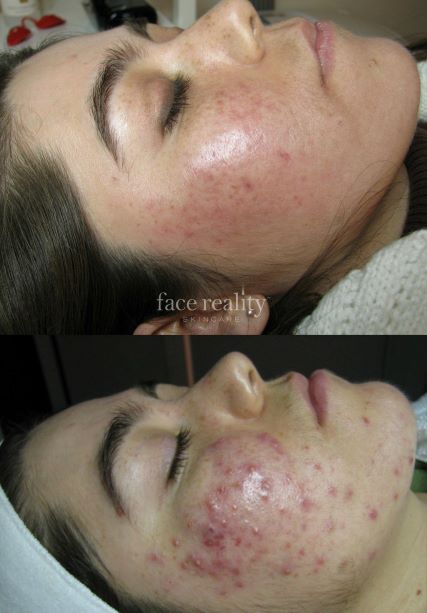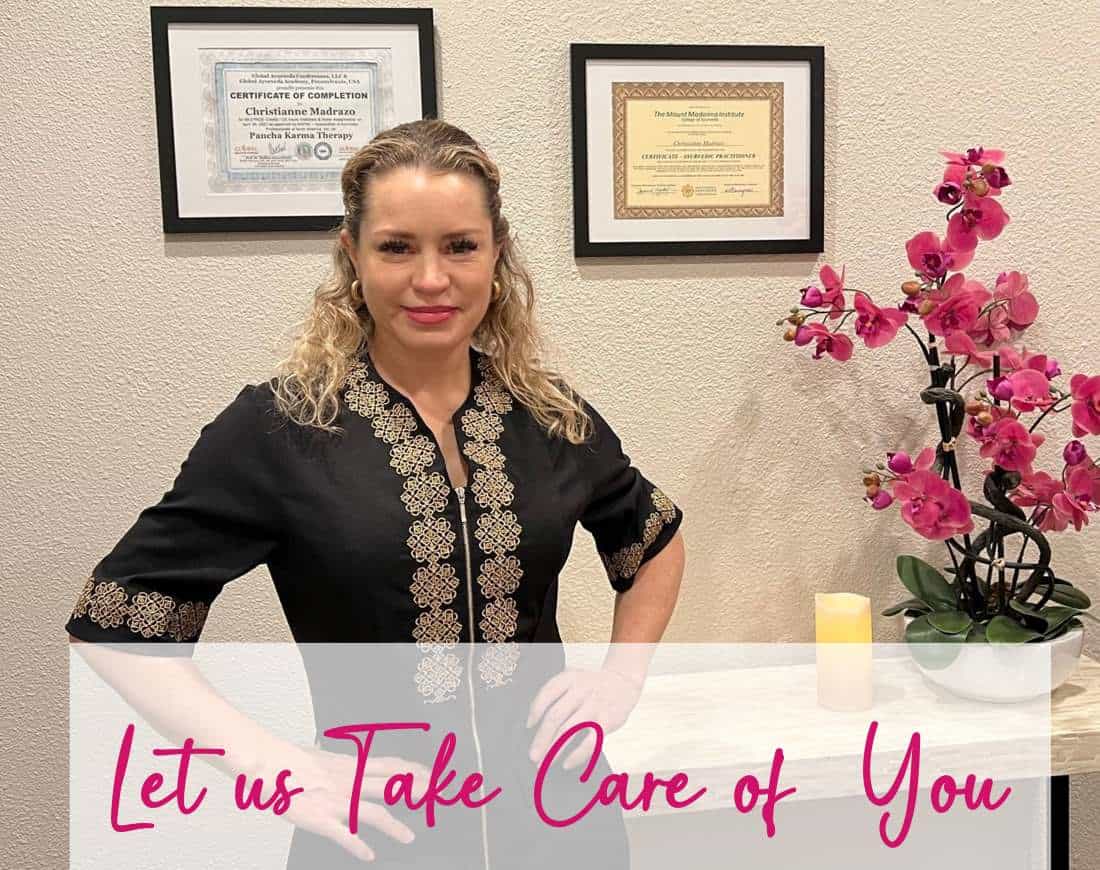
04 Nov 2024 - News
How Hormones Affect Acne and Ways to Balance Them
Have you ever felt like acne has its own schedule, flaring up at the most inconvenient times? Whether it’s a pre-event breakout or a lingering issue from teenage years, hormones often hold the key to understanding these unpredictable skin troubles.
Hormonal acne is a challenge, but knowledge is power. Let’s explore how hormonal imbalances drive breakouts and the holistic ways you can reclaim clear, healthy skin.
Hormonal Connection to Acne
Acne starts with androgens, hormones that surge during puberty, making sebaceous glands work overtime. While teenage acne is common, many adults—especially women—experience breakouts linked to hormonal changes. Menstrual cycles, pregnancy, or even conditions like PCOS can disrupt hormone levels, causing painful, cystic acne.
Female Hormones: The Good and the Complicated
Estrogen and progesterone, the primary female hormones, have complex relationships with your skin. While they generally soothe inflammation, their fluctuations can either help or hurt your complexion. Discussing hormonal treatments, like birth control pills, with your doctor can help you decide what’s best for your skin type and lifestyle.

The Thyroid Factor: An Unexpected Player
Your thyroid health can dramatically influence your skin. Both hyperthyroidism and hypothyroidism can contribute to breakouts or dryness. If you notice sudden, unexplained skin changes, consider asking your healthcare provider about thyroid function testing.
Stress and Acne: Cortisol’s Sneaky Influence
Living in a constant state of stress isn’t just tiring—it wreaks havoc on your skin. Elevated cortisol can worsen oil production and inflammation. Integrate calming practices into your day, such as guided meditation or outdoor activities, to lower stress and improve your skin’s resilience.
Your Action Plan for Clearer Skin
Achieving hormonal balance requires a holistic approach that encompasses lifestyle, diet, and skincare. Here are some actionable steps to consider:
Nourish Your Body with a Balanced Diet
A diet rich in whole foods, including fruits, vegetables, lean proteins, and healthy fats, can support hormonal balance. Omega-3 fatty acids, found in fatty fish and flaxseeds, have anti-inflammatory properties that can benefit the skin. Additionally, reducing refined sugars and processed foods can help regulate insulin levels, which in turn can influence hormones.

Prioritize Regular Exercise
Engaging in regular physical activity has multifaceted benefits for hormonal health. Exercise helps regulate insulin levels, manage stress, and boost circulation, all of which contribute to healthy skin. Aim for a combination of cardiovascular exercises, strength training, and flexibility exercises for optimal results.
Choose Skincare Products Wisely
Selecting skincare products that cater to your skin type and concerns can make a substantial difference. Look for products that are non-comedogenic and free from harsh chemicals. Ingredients like salicylic acid and benzoyl peroxide can help manage acne, but a dermatologist's advice is crucial to avoid over-drying or irritating the skin.

Prioritize Sleep and Stress Management
Quality sleep and effective stress management are pivotal for hormonal balance. Aim for 7–9 hours of uninterrupted sleep each night and explore stress-reduction techniques such as deep breathing, yoga, and mindfulness meditation.
Consult a Professional Acne Specialist
If hormonal imbalances are persistent and affecting your skin's health, seeking guidance from a professional acne specialists is essential. They can provide personalized insights and recommend treatments or interventions tailored to your specific needs.
Remember, achieving hormonal balance is a marathon, not a sprint. Your skin will reflect the love and attention you give to your whole body. Don’t be discouraged by setbacks—each step you take brings you closer to lasting clarity and confidence.
Consult a Skincare Specialist, and start small with lifestyle changes. Clear skin is on the horizon, and it starts with taking care of you.
Christianne Madrazo. Certified Acne Specialist and Ayurvedic Practitioner
AyurVida Wellness and Clinic is located in Mission Hills, San Diego, CA.
FOR ASSISTANCE TEXT 619-637-0201

CONTACT US
PHONE:
619-291-6614
For immediate assistance:
TEXT 619-637-0201
ADDRESS:
1611 West Lewis San Diego CA 92103
